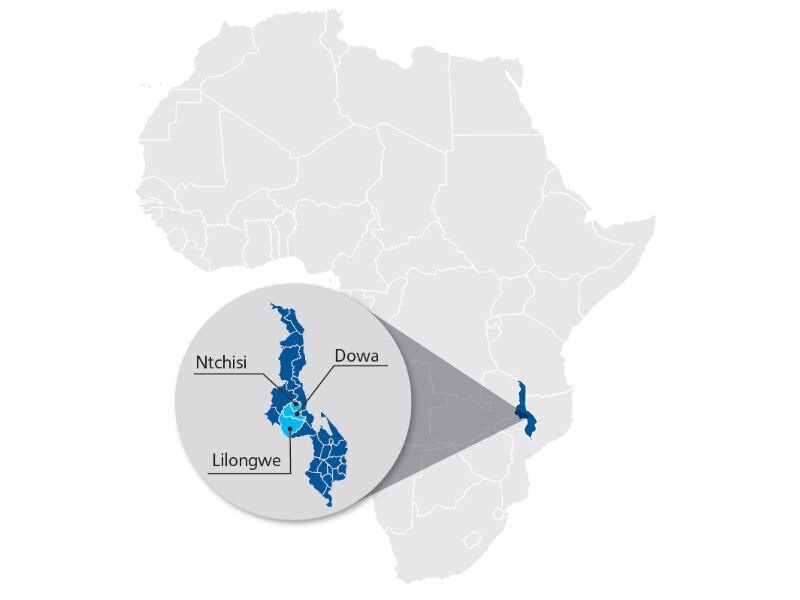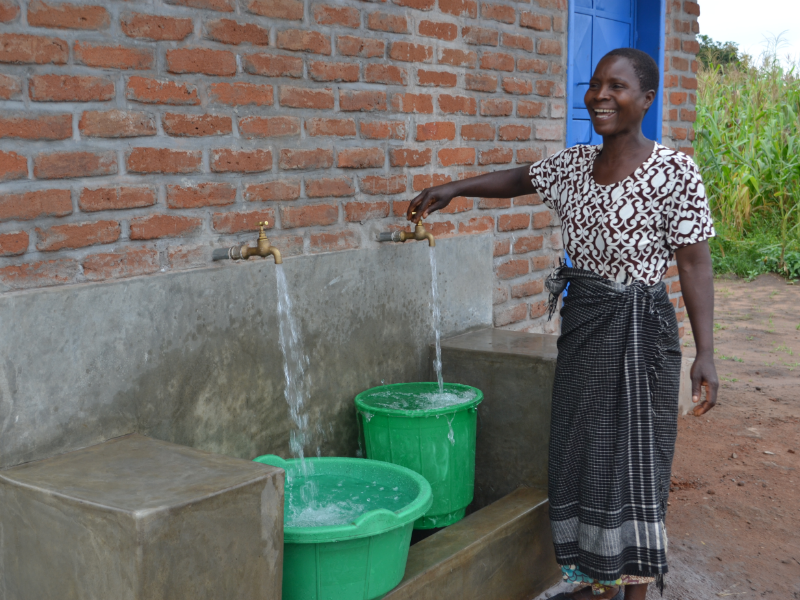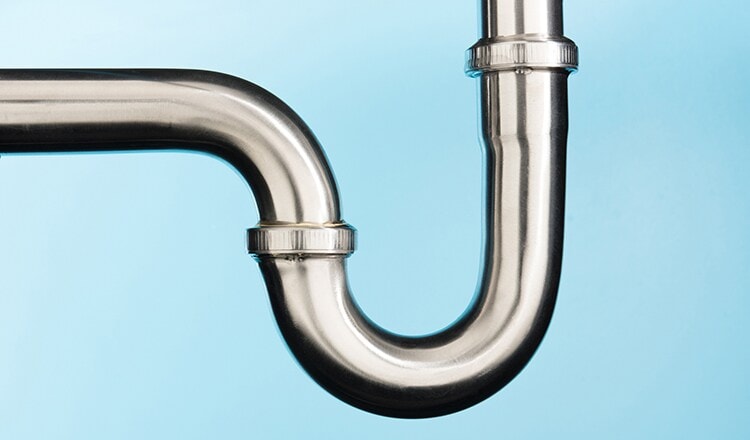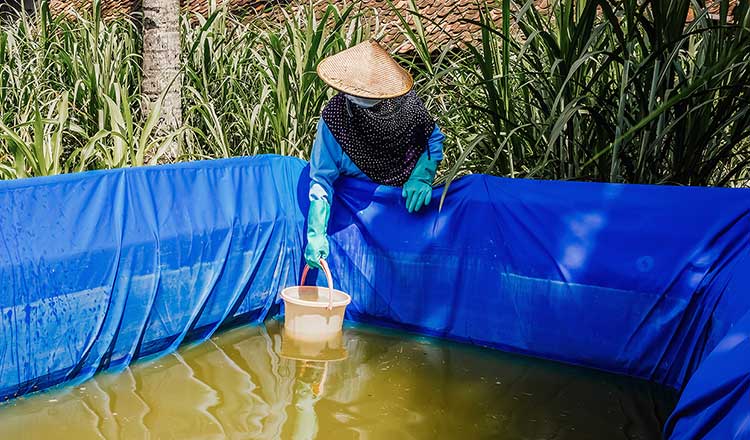In early 2018, PMI introduced the pilot of its “WASH Action Plan” for the first time in Malawi, aiming to address inadequate access to WASH (Water Access, Sanitation and Hygiene) services in its leaf supply chain, and to identify priority needs and feasible actions. The plan to improve Malawi water resources includes different techniques all aimed at improving drinking water as well as water for agriculture.
Piloting suitable interventions to improve water sanitation and hygiene
The WASH pilot project in Malawi tested the efficacy of actions taken to improve access to safe drinking water for farmers. Thirteen new boreholes were drilled and fitted with a solar pumping system. The boreholes provide water for domestic water use and irrigation to farming communities. It’s estimated that more than 1,500 households within tobacco-growing areas benefited from this initiative for Malawi water resources.
Though more expensive than the hand pumps commonly used in rural Malawi, solar water pumps reduce the time and labor needed to collect water, while still providing sufficient water for irrigation purposes.
In addition to the new boreholes, a total of 20 Rainwater Harvesting Systems (RHS) were constructed. The systems collect rainwater from the roofs of farmers’ houses in above-ground water storage tanks. These RHS can provide farmers and their families with 30 to 40 liters of water each day at their doorstep. Such systems are particularly suitable for farmers living in isolated areas away from bigger settlements, or in areas where groundwater is contaminated by a high saline content.
Many tobacco farmers in Malawi collect their drinking water in plastic containers at public water points. This water is easily contaminated during transport and storage. To help address this serious concern for water sanitation, 70 tobacco farmers were invited to attend hygiene training and were provided with household water treatment products such as water filters, chlorine products and solar disinfection devices. By supporting household water treatment programs, PMI is helping ensure that safe water is available to tobacco farmers and their families as they learn the proper way to improve water sanitation for the future.
Learn more about PMI’s efforts in managing water resources and water sanitation: Sustainable Water Management
WASH pilot areas in Malawi




